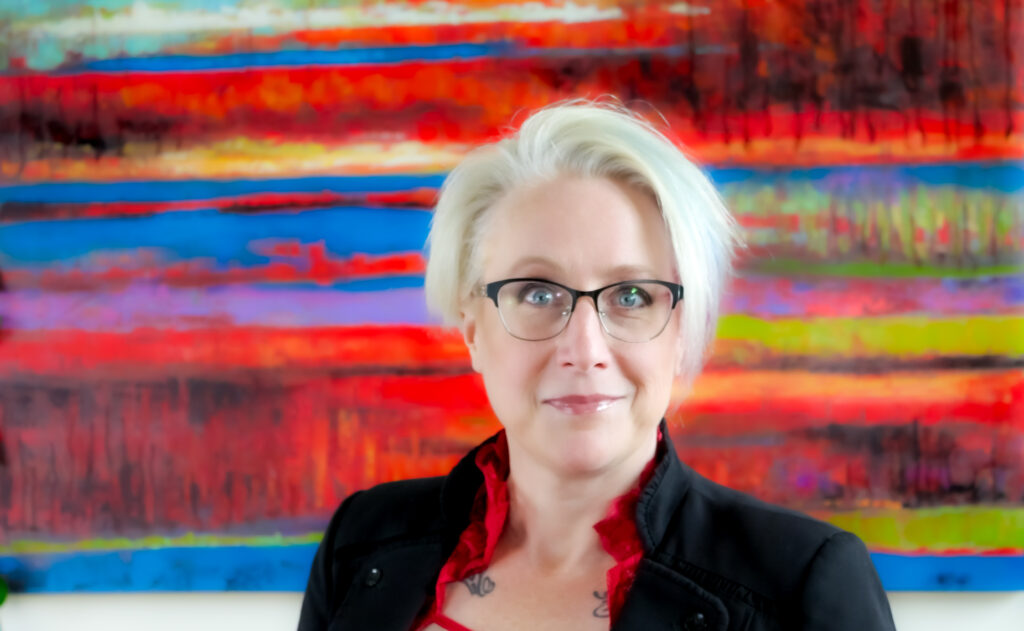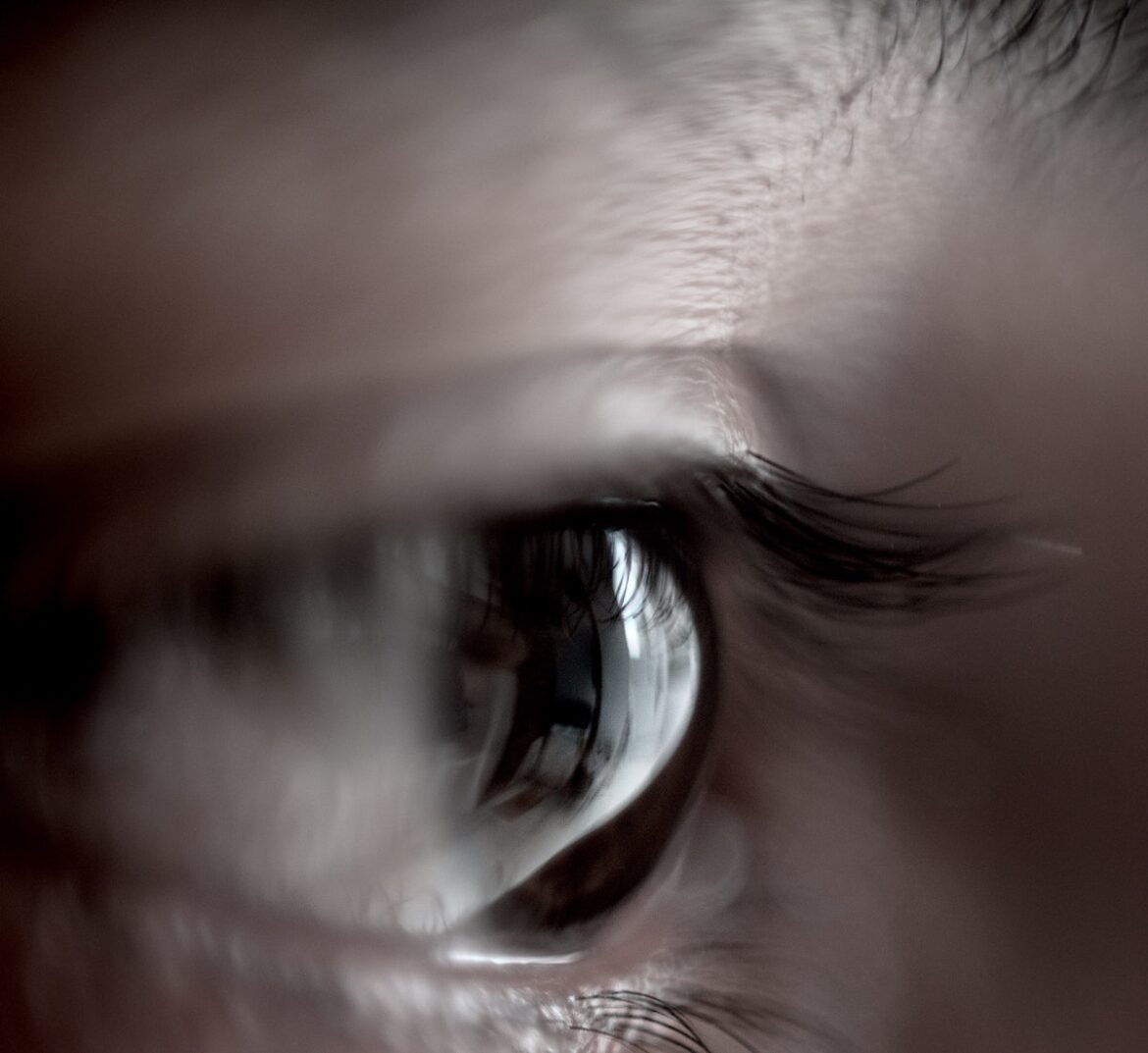By Dawn Post
Aiden’s* father pushes him to the attorney representing NYC’s governing child protective services agency, the Administration for Children’s Services (“ACS”), and a caseworker for the agency that’s been assigned the care and responsibility of Aiden and his siblings. “Fine, if you aren’t going to let me have him then you take him,” he yells and storms out of the courtroom. When I reach 7-year-old Aiden, he’s huddled in a corner crying and screaming. Hand in hand, we desperately search the courthouse for Aiden’s father, as this was not, in fact, a case where Aiden has been removed from his father due to allegations of abuse or neglect. Rather, his father has the misfortune of simply being a parent who no longer lives in NYC, and ACS refuses to let Aiden cross state lines to live with him. So, Aiden remains in stranger foster care, and his father travels from South Carolina for visits and court appearances when he is financially able to do so.
Since the early 1960s, the process of transferring children who are involved in the child welfare system has been governed by the Interstate Compact on the Placement of Children (ICPC), a uniform state law adopted by each state. The ICPC has been subject to much criticism. Any family law practitioner can tell you that the ICPC can take months and even years. I worked on another case which involved a custodial parent in Florida. Her children were placed in foster care in NYC after their grandmother was charged with abuse while they were on vacation with her. Despite getting an order for a Regulation 7 ICPC, which should take 30 days to completion, it took nine months because it had to be reinitiated each time one step in the process and timeline was missed. As soon as the word ICPC is voiced in a conference or courtroom, everyone has a visceral reaction, frequently one of trepidation. Because while the ICPC creeps along, children languish in foster care, usually with strangers, even when there are family members, and even when they have parents like Aiden’s, who are eager and able to care for them. And the state that stirs the most dread because of lengthy inexplicable delays, ironically, is one that New York shares a bridge and tunnel with, New Jersey.
However, after decades of ambiguity, just this week New York joined a handful of states when the Court of Appeals ruled that the ICPC does not apply to out-of-state non-custodial parents, only to foster and adoptive placements. But most states still interpret the ICPC to apply, even when there are no allegations of unfitness, so thousands of children will continue to be unnecessarily ensnared in the foster care system.
This was the day that we thought Aiden’s case would finally be resolved, yet another bureaucratic blunder has gotten in the way. Aiden has already lost his sisters to adoption. Overcome with despair, he collapses on the floor in the elevator banks, clutching me and sobbing as I try to comfort him. He becomes increasingly hysterical as the caseworker repeatedly tries to reach around me to take him, and I keep pushing her away. Then Aiden reaches up, gently touches my face, and asks, “Why are you crying?” I’m not even aware that I am. The tears roll down my face—the kind that come unbidden from a bottomless well and that no amount of control can stop—even when I return to the courtroom.
*Aiden is a pseudonym.

Dawn J. Post is an expert in children’s rights, advocacy, and litigation and a memoir/CNF writer focusing on foster care. Much of her work seeks to elevate the voices and experiences of foster and adopted youth involved in child welfare systems. She’s a legal advocate and child welfare consultant based in NYC.

